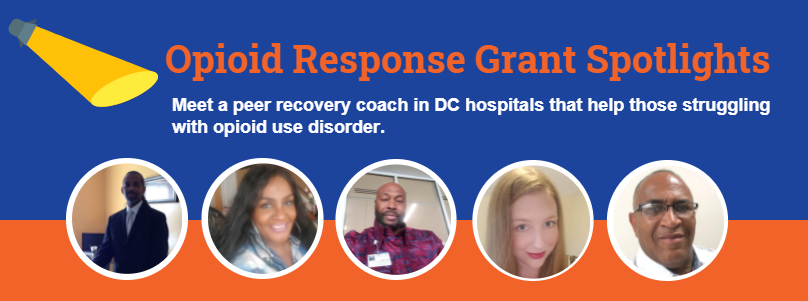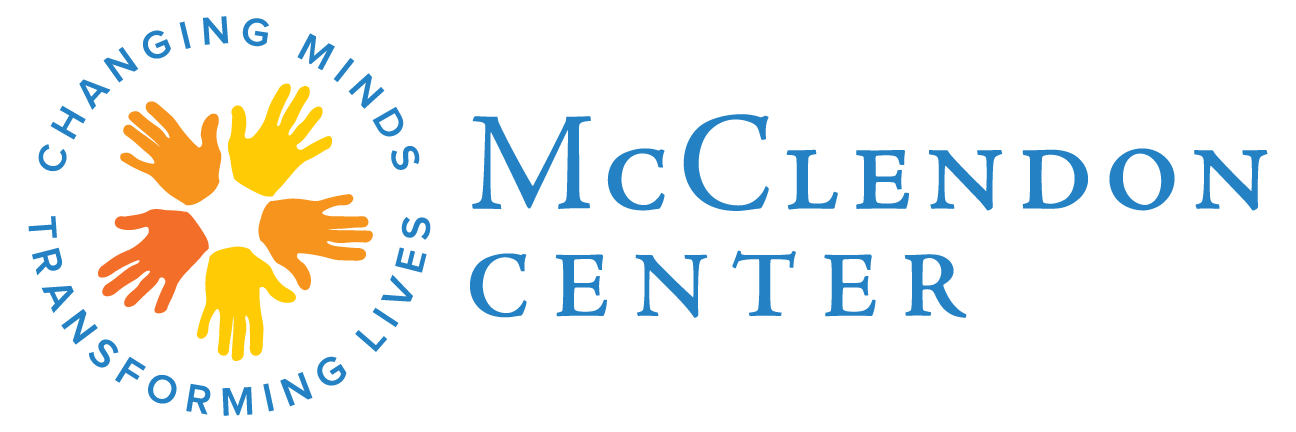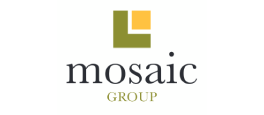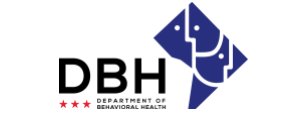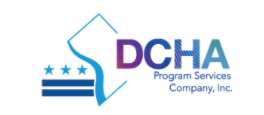D.C.’s opioid crisis remains at alarming levels, signified by the District’s 411 deaths due to opioid overdose in 2020 – a troubling 46% increase from 2019. Combatting this epidemic remains a priority of DCHA and the District of Columbia. DCHA supports efforts led by Mayor Bowser and the Department of Behavioral Health to convene the Live.Long.DC. initiative, uniting multi-sector stakeholders to identify and implement innovative solutions to end the District’s epidemic.
Hospital-Based Peer Support Services Program
As part of these efforts, DCHA has been awarded grant funding to establish and implement the Hospital-Based Peer Support Services Program (HBPSS). The program operates in the Emergency Departments and Inpatient Units at The George Washington University Hospital, Howard University Hospital, MedStar Georgetown University Hospital, MedStar Washington Hospital Center, Psychiatric Institute of Washington, Sibley Memorial Hospital, and United Medical Center. This program aims to identify and provide immediate access to substance use treatment for individuals with opioid use disorder (OUD), and identify patients at risk for opioid and other substance use concerns.
Individuals who screen positive are referred to a Peer Recovery Coach (PRC), a hospital employee with lived experience with substance use who is professionally trained to support and connect them to treatment. The program trains all appropriate hospital staff in the Screening, Brief Intervention, and Referral to Treatment (SBIRT) approach to best initiate an individual’s treatment and recovery journey. PRCs talk with patients, providing brief interventions to discuss substance use and opportunities for support and treatment. If individuals indicate they are open to treatment, the hospital provides initial care before rapidly connecting patients to a community-based provider(s) for sustained treatment. PRCs follow up with patients after they leave the hospital to verify if they were successfully connected to recovery support services. Evidence has shown that initiating early interventions, such as Medication for Opioid Use Disorder (MOUD), at the first point of care saves more lives. The program also supports extended wrap-around support for patients who use opioids and those who have experienced overdoses.


